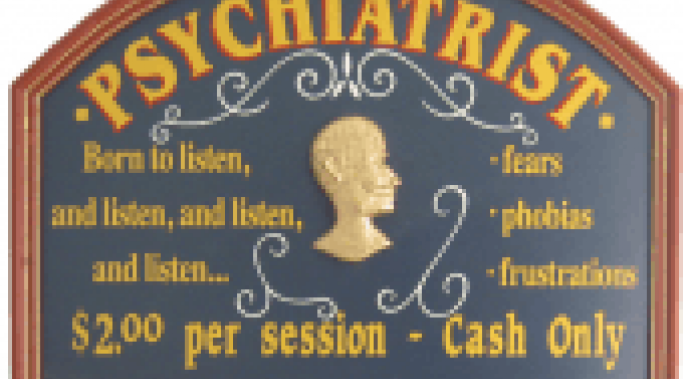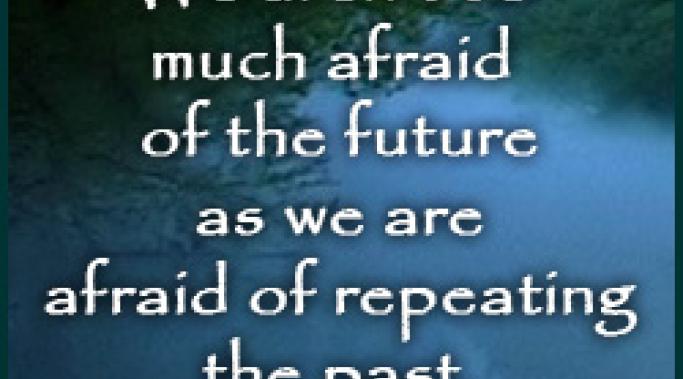Blogs
The last post offered insight into how to help your friend's wife who says she's being abused. This is the second email from a man who finds himself in that exact situation:
"The first time she and I talked, she asked that I not tell anyone and then said, "Do you think I am stupid?" That broke my heart. I replied, "You are a brilliant, kind person," and that put a smile on her face. I set out to help her build self-esteem.
"I email her every day with verbal abuse information. She doesn't send much of a reply back, so it is hard to know if she will take some type of action. Should I not email her anymore and hope that she gets help? Should I keep giving her advice and just hope that she does something about the abuse? To what degree do I detach myself?"
Recently I received an email from a man who asked a very good question. He said,
"A friend's wife opened up to me about what I think is verbal abuse. She is talking about leaving him if things don't change, but she's afraid her kids will hate her for leaving their father and their million dollar home. His wife has such a big heart. She's really a wonderful person. I want her to be happy. I am very surprised to know that my friend, such a nice guy when he's with me, abuses his wife this way. What can I do to guide his wife down the right path?"
For years, the fact that most people get hungry and enjoy food did not register with me at all.
I feel hungry.
That tastes so good!
I really have a craving for a big, juicy hamburger!
I did not feel those things at all. Ever. I did not feel hunger pains and food was simply something to be avoided. I rarely ate, and when I did, I ate the blandest, most boring food possible.
Plain yogurt.
A piece of thinly sliced turkey.
A small portion of rice sans salt, butter, or seasoning.
It really was easy for me to starve myself at first. There seemed to be no hunger problem in my eating disorder, until recovery.
I was not sure what to title this post but the word pride came to mind. So, what is the theme here? Well, I was on my way to visit my lovely psychiatrist and I started thinking...
What Is It Like Being a Mental Health Patient?
Unfortunately kiddos get depressed too. Sometimes it is a chemical imbalance, clinical depression that may benefit from medication. But other times it is situational, environmental, or an inability to handle what is going on around them. Telling them to “stop” doing a negative behavior is not enough. What they need is for us to teach them and show them what to do instead.
For decades, academics from various disciplines have sought to identify a quantifiable link between manic depression (bipolar disorder) and artistic creativity. Admittedly it is not possible to do a comprehensive work-up of Beethoven, for example, and consequently a diagnosis of bipolar disorder based on the second-hand descriptions of bill collectors, cleaning ladies, and piano-tuners would seem like reaching – at best – and twaddle, at worst.
However, the idea’s tremendous appeal has caused it to persist despite overwhelming improbability. Perhaps this is because true artistic genius is so difficult for squares and apple-pie eaters to understand that the only plausible explanations are divine inspiration or, something equally incomprehensible, madness.
Since artists are almost universally disliked, it may also be a convenient way for Jim & Joanie Lunchbucket to belittle their accomplishments. Extrapolating a bit further, it might support the idea that art itself is an essentially pointless exercise since it is frequently the product of people so far short of a full deck that a game of solitaire would be a love song to futility.
Walking into the self-help aisle of your local Barnes & Noble or logging onto Amazon can be a bit daunting. There are thousands of books on building self-esteem and self-confidence to choose from and with the hefty price tags, you don’t want to walk out with a book that just doesn’t do it for you.
Part of my job is reading self-help, psychology, and all the books in-between. I find the ones that resonate with me and have helped those I work with build themselves up, then pass them on to clients or friends. These are some of my current favorites for creative and effective building of self-confidence and self-esteem in adults and children.
Have you ever felt like a failure? I totally have. But I am not alone. There is an epidemic of feelings of failure in our country. And failure is so definitive. When you think you failed, there is not much wiggle room to be anything other than "a failure." A horrible way to see yourself! This becomes a belief ingrained and tainting everything else we do and try.
It is with a heavy heart that I write this week's post. I recently suffered the loss of a loved one--my great-aunt Lu, my Grandma Oberg's twin sister. While this loss has been tempered by the birth of a new nephew, it made me think of how bereavement can affect psychiatric symptoms. Short version: our psychiatric symptoms can flare up when we suffer any kind of loss.
S.
The cultural differences between African-Americans and other racial groups has created a chicken-egg phenomenon within the mental health community. Are the disparities between the racial groups due to institutionalized racism and the lack of resources for minority groups? Or are there disparities because Black people and other ethnic groups choose not to discuss their mental health problems and participate in treatment? I would argue that it is a bit of both.









